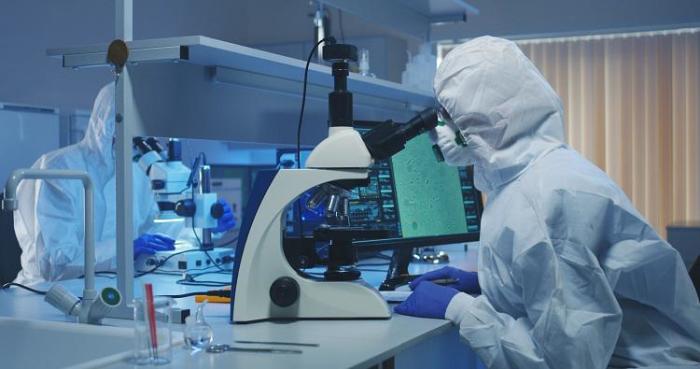Border Security Report2020-03-13 12:21:35
EU invests €3.5 million [5.65 billion MMK] in biosecurity in South-East Asia
The European Union launched a €3.5 million [5.65 billion MMK] regional project to support increased biosecurity in Southeast Asia. The project will help governments to better respond to highly communicable diseases or global biological events, such as pandemics.
The rapid global spread of the coronavirus demonstrates the critical importance of effective cross-border cooperation and efficient biosecurity risk management systems to respond to highly communicable diseases and epidemics. On 10-12 March 2020 forty experts from Cambodia, Malaysia, Myanmar, Singapore and Viet Nam met in Nay Pyi Taw to kick-off a three-year project that will work with governments in the region on biosecurity and biosecurity risk management, strengthen cross-border cooperation and data sharing, review relevant national legislations and guidelines and strengthen their enforcement.
“Biosecurity is about saving lives, as the COVID-19 outbreak unfortunately remind us. Strong international cooperation is the way to contain the spread of highly communicable diseases in our modern world. The EU is therefore pleased to extend this timely support and cooperation with countries in South-East Asia so we are all better prepared to respond to threats to our biosecurity,” said EU Ambassador Kristian Schmidt on the launch of the new BIOSEC Enhanced Biosecurity in South-East Asia project.
Biosecurity refers to access control and security procedures to reduce the risk of transmission of infectious diseases. Furthermore, it means preventing the malicious use of dangerous pathogens or toxins against humans, livestock or crops. Surveillance systems with rapid detection capacities, close coordination between human and animal health authorities and efficient reporting to other key sectors are required to ensure a rapid and effective response. This also includes risk management systems to prevent and respond to the potential unauthorized acquisition, theft, transfer or intentional misuse of high-risk biological materials, especially pathogens, pests and biological toxins with dual-use possibilities, whether in relation to illicit trafficking, bioterrorism or agroterrorism.
“The project will support interested countries to update national inventories of high-risk biological materials and to improve their laboratory capacity to identify accurately the type and source of disease-causing agents,” explained Mr. Win Khaing Moe, Director General of the Department of Research and Innovation in the Ministry of Education.
For more information contact:
United Kingdom
Tel: +4402081445934
